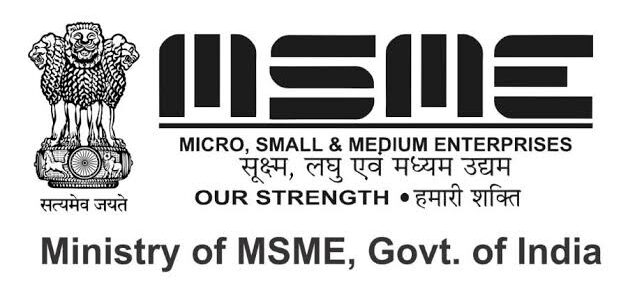In India, the Income Tax Act mandates a tax audit for certain categories of taxpayers to ensure the accuracy of income tax returns filed. For proprietorship firms, understanding the requirements and nuances of a tax audit is crucial to maintaining compliance and avoiding penalties. This article delves into the intricacies of the income tax audit for proprietorship firms, the thresholds for when an audit is necessary, and the role of a Chartered Accountant (CA) in this process.
What is an Income Tax Audit?
An income tax audit involves the examination of books of accounts and other financial records to ensure that the income declared and deductions claimed are accurate and in compliance with the Income Tax Act. The audit aims to verify the correctness of the income tax returns filed and identify any discrepancies or non-compliance issues.
When is an Income Tax Audit Required for Proprietorship Firms?
The requirement for a tax audit for proprietorship firms depends on the nature and scale of the business. The following are the primary conditions under which a tax audit becomes mandatory:
- Business Income:
- If the total sales, turnover, or gross receipts of the business exceed ₹1 crore in a financial year.
- For businesses opting for the presumptive taxation scheme under Section 44AD and declaring income less than the prescribed rate of 8% (or 6% for digital transactions) of turnover/gross receipts and total income exceeding the basic exemption limit, a tax audit is required if turnover exceeds ₹2 crore.
- Professional Income:
- If the gross receipts in the profession exceed ₹50 lakh in a financial year.
- For professionals opting for the presumptive taxation scheme under Section 44ADA and declaring income less than 50% of gross receipts and total income exceeding the basic exemption limit, a tax audit is required.
- Presumptive Taxation Schemes:
- For businesses or professions under presumptive taxation schemes (Sections 44AD, 44ADA, 44AE), if the firm opts out of the scheme, a tax audit is mandatory if the income exceeds the basic exemption limit in the subsequent five years.
- Other Situations:
- If the firm claims that its profit is lower than the deemed profits under the respective presumptive taxation scheme and its income exceeds the basic exemption limit.
Who Can Conduct an Income Tax Audit?
A tax audit can only be conducted by a practicing Chartered Accountant (CA). The CA must ensure that the audit is performed in accordance with the guidelines and standards prescribed by the Institute of Chartered Accountants of India (ICAI). The audit report is required to be furnished in Form 3CA/3CB and the prescribed particulars in Form 3CD.
Process of Conducting an Income Tax Audit
- Appointment of a Chartered Accountant:
- The proprietorship firm must appoint a CA who will conduct the audit.
- Preparation of Financial Statements:
- The firm must prepare accurate and complete financial statements, including the balance sheet, profit and loss account, and other relevant records.
- Examination of Records:
- The CA examines the financial statements, books of accounts, and other relevant documents to ensure accuracy and compliance with the Income Tax Act.
- Verification and Reporting:
- The CA verifies the correctness of the income declared, deductions claimed, and the overall compliance with the tax laws.
- The audit report is prepared in Form 3CA/3CB, and the details of the audit findings are reported in Form 3CD.
- Submission of Audit Report:
- The audit report, along with the necessary forms, must be submitted electronically on the Income Tax Department’s e-filing portal before the due date.
Due Dates for Filing the Tax Audit Report
The due date for filing the tax audit report is usually 30th September of the assessment year. However, this date may be extended by the government, so it is essential to stay updated with the latest notifications from the Income Tax Department.
Penalties for Non-Compliance
Failure to comply with the tax audit requirements can result in penalties. Under Section 271B of the Income Tax Act, if a taxpayer fails to get their accounts audited or furnish the audit report, a penalty of 0.5% of the turnover or gross receipts, or ₹1,50,000, whichever is lower, may be levied.
Conclusion
For proprietorship firms, adhering to the income tax audit requirements is crucial for maintaining compliance with tax laws and avoiding penalties. Engaging a practicing Chartered Accountant to conduct the audit ensures that the financial records are accurate and that the firm is in compliance with all applicable regulations. Understanding the thresholds and requirements for a tax audit can help proprietorship firms manage their tax obligations efficiently and avoid any legal complications.
By staying informed and proactive about tax audit requirements, proprietorship firms can focus on growing their business while ensuring compliance with the Income Tax Act.












